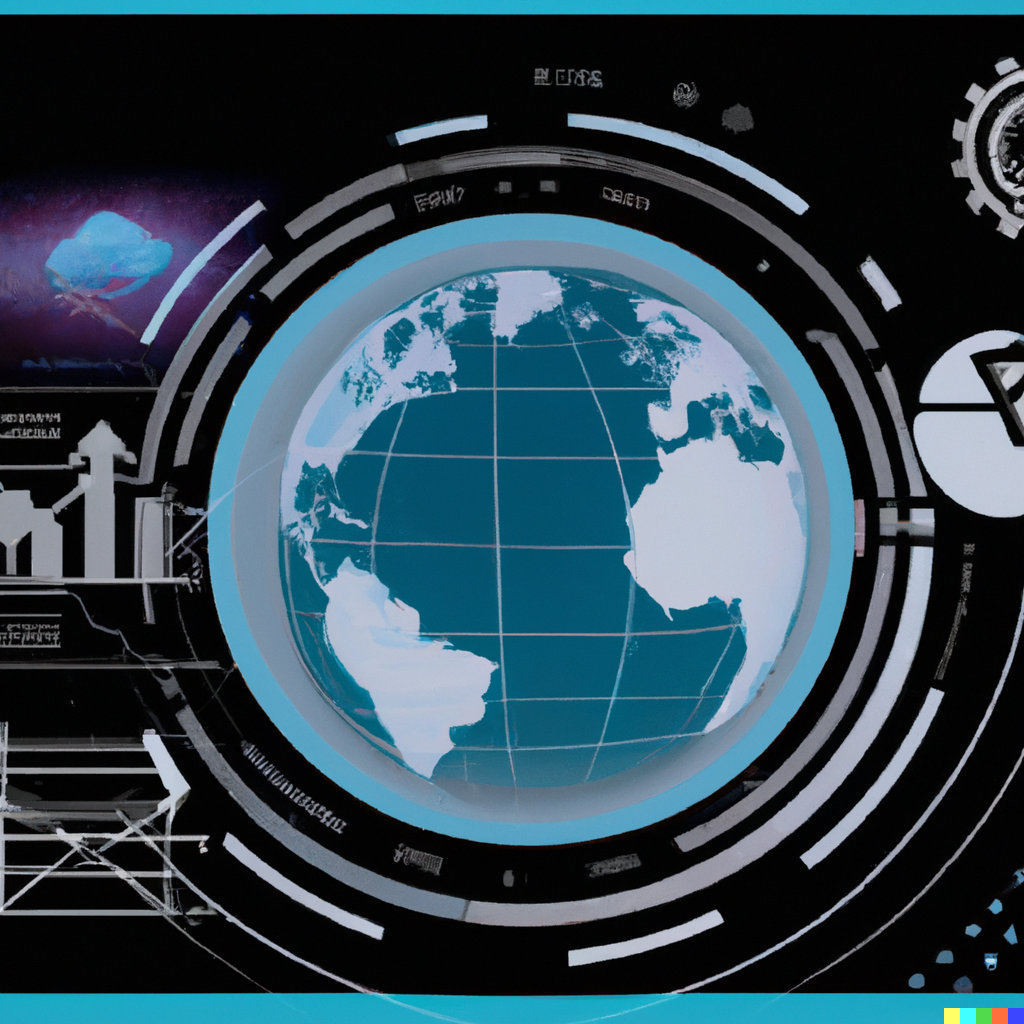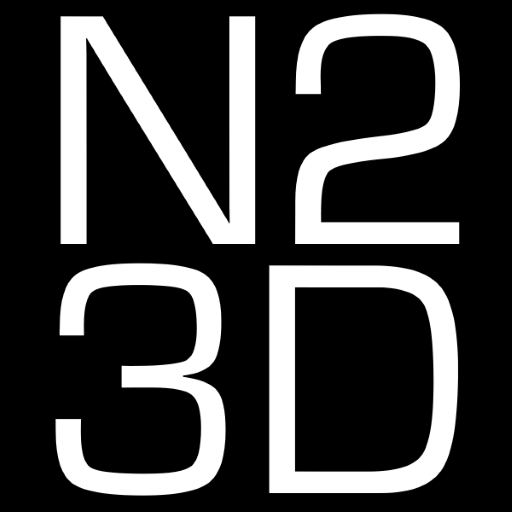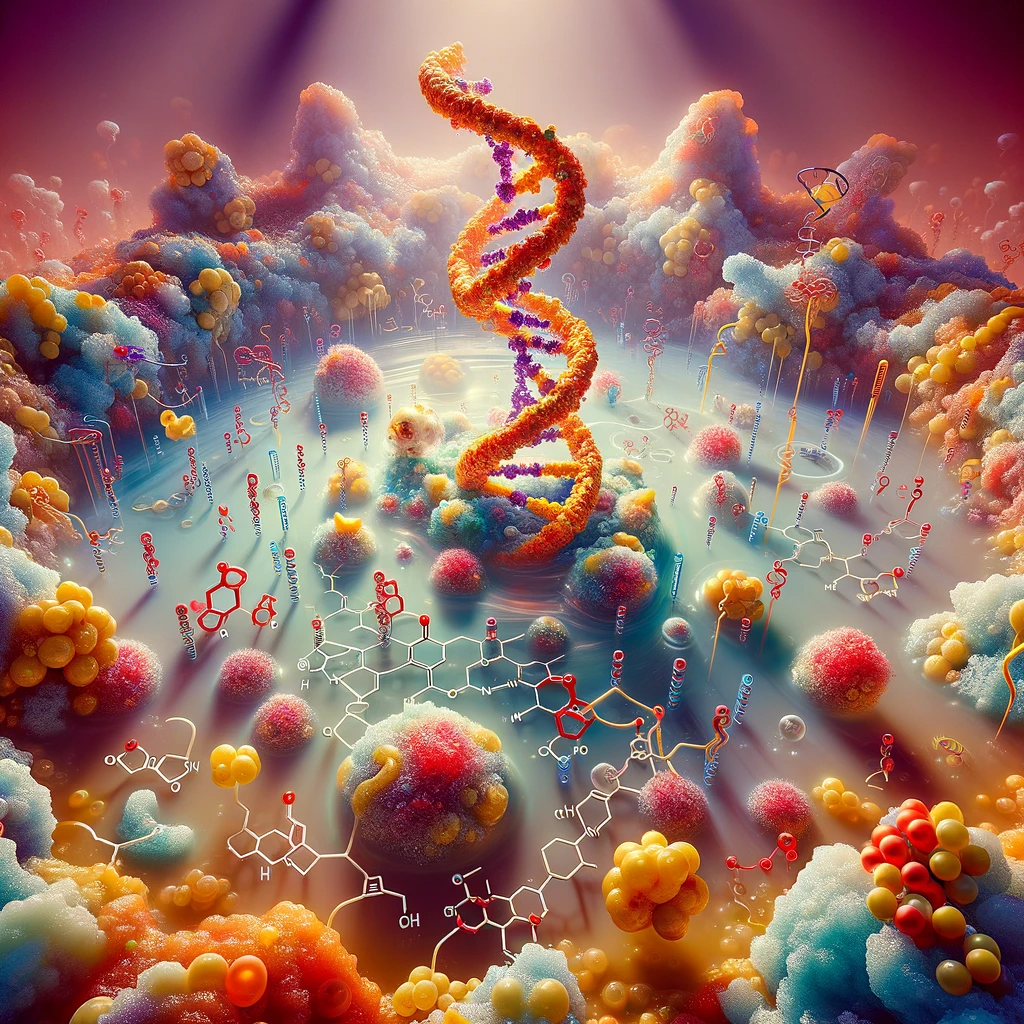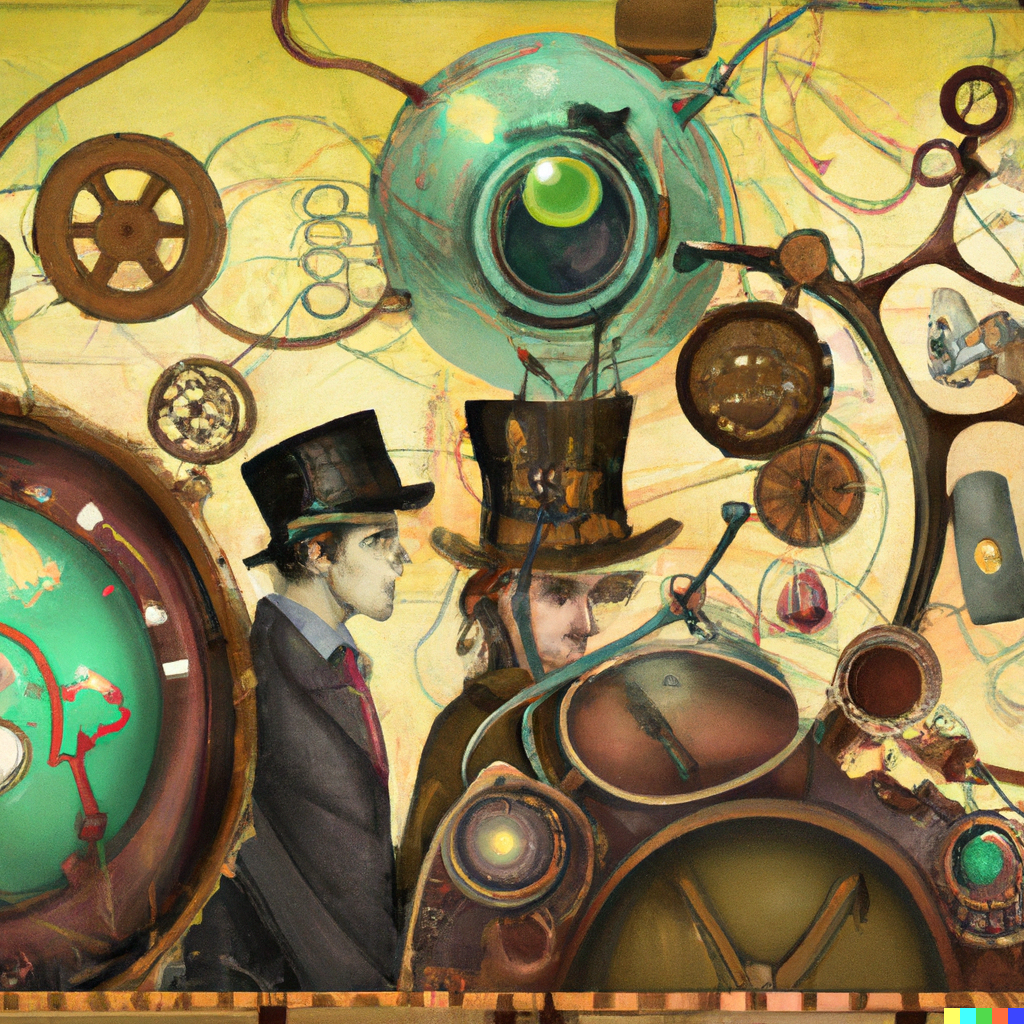The human experience encompasses much more than technology and digital platforms. Our daily lives and interactions are also shaped by physical and natural phenomena, such as gravity, light, heat, and chemical reactions. These physical and chemical processes form the basis for many of the things we take for granted, such as the food we eat, the clothes we wear, and the energy we use to power our homes and vehicles.
Additionally, our experiences are shaped by the natural environment, including the weather, the landscape, and the wildlife. These experiences help us connect with the world around us and can provide a sense of peace and connection with nature. They can also play an important role in our mental and physical health, providing opportunities for exercise, recreation, and mindfulness.
In short, while technology and digital platforms have certainly transformed many aspects of our lives, it is important to remember that there is a rich and diverse human experience outside of this realm, centered around the natural world and its physical and chemical processes.

There are many ways that people can find happiness outside of technology and digital platforms. Here are a few examples:
Nature: Spending time in nature has been shown to have a positive impact on mental health and well-being. Whether it’s taking a hike in the woods, going for a walk in the park, or simply sitting outside and enjoying the view, connecting with nature can provide a sense of calm and peace.
Social connections: Building and maintaining relationships with friends and family members can provide a sense of community and fulfillment. Whether it’s through in-person interactions or through activities like playing sports or volunteering, social connections can be an important source of happiness.
Hobbies and interests: Pursuing interests and hobbies can provide a sense of purpose and fulfillment. Whether it’s playing a musical instrument, painting, or cooking, engaging in creative or hands-on activities can be a great way to take a break from technology and focus on something enjoyable.
Exercise and physical activity: Regular exercise has been shown to have numerous benefits for mental and physical health. Whether it’s hitting the gym, going for a run, or simply taking a walk, physical activity can provide a sense of accomplishment and well-being.
Mindfulness and meditation: Practicing mindfulness and meditation can help reduce stress and increase happiness by promoting a greater sense of awareness and focus.
These are just a few examples of how people can find happiness outside of technology. The key is to find activities and experiences that bring a sense of joy and fulfillment, and to make them a regular part of life.

Finding meaningful human relationships can be a challenge, but there are several strategies that can be helpful:
Get involved in your community: Participating in community activities and events, such as volunteering, can be a great way to meet new people and form relationships.
Pursue common interests: Joining a club, organization, or group centered around a shared hobby or interest can be a great way to connect with like-minded individuals.
Cultivate existing relationships: Spend time with friends and family members, and make an effort to strengthen existing relationships. Regular phone calls, text messages, or in-person visits can help to maintain a close connection.
Be open and approachable: Make yourself available and approachable to others. Smile, make eye contact, and be friendly and warm when you interact with others.
Be a good listener: Pay attention to others and show genuine interest in what they have to say. This can help to build trust and deepen relationships.
Practice vulnerability: Sharing personal thoughts and feelings with others can help to build trust and create deeper connections.
Take the initiative: Don’t be afraid to take the lead in reaching out to others and initiating conversations or social gatherings.
Remember, forming meaningful relationships takes time and effort, and it’s okay if it doesn’t happen overnight. The key is to be patient, persistent, and to keep putting yourself out there. With time and effort, you can build meaningful relationships that bring joy and fulfillment to your life.

Humans can assist in maintaining better body chemistry using technology in several ways:
Nutritional analysis: Technology can analyze a person’s diet and provide personalized recommendations based on their nutrient requirements and health goals. For example, it can identify nutrient deficiencies and suggest foods that can help improve the balance of nutrients in the body.
Physical activity tracking: Technology-powered wearable devices can track a person’s physical activity, heart rate, and other key health metrics, and provide personalized exercise recommendations based on their activity levels and goals.
Early detection of health issues: Algorithms can analyze patterns in health data to detect early signs of potential health problems, such as changes in body weight or heart rate, or fluctuations in blood sugar levels. This information can then be used to help people make proactive changes to improve their health.
Medication management: Technology can assist in ensuring that people take their medications as prescribed and at the right times, helping to improve compliance and reduce the risk of adverse effects or interactions.
Personalized health coaching: AI-powered chatbots and virtual health coaches can provide personalized advice and support to help people achieve their health goals, such as weight loss or improved fitness.
It’s important to note that while AI can be a useful tool in helping people maintain better body chemistry, it should always be used in conjunction with professional medical advice and guidance.

















